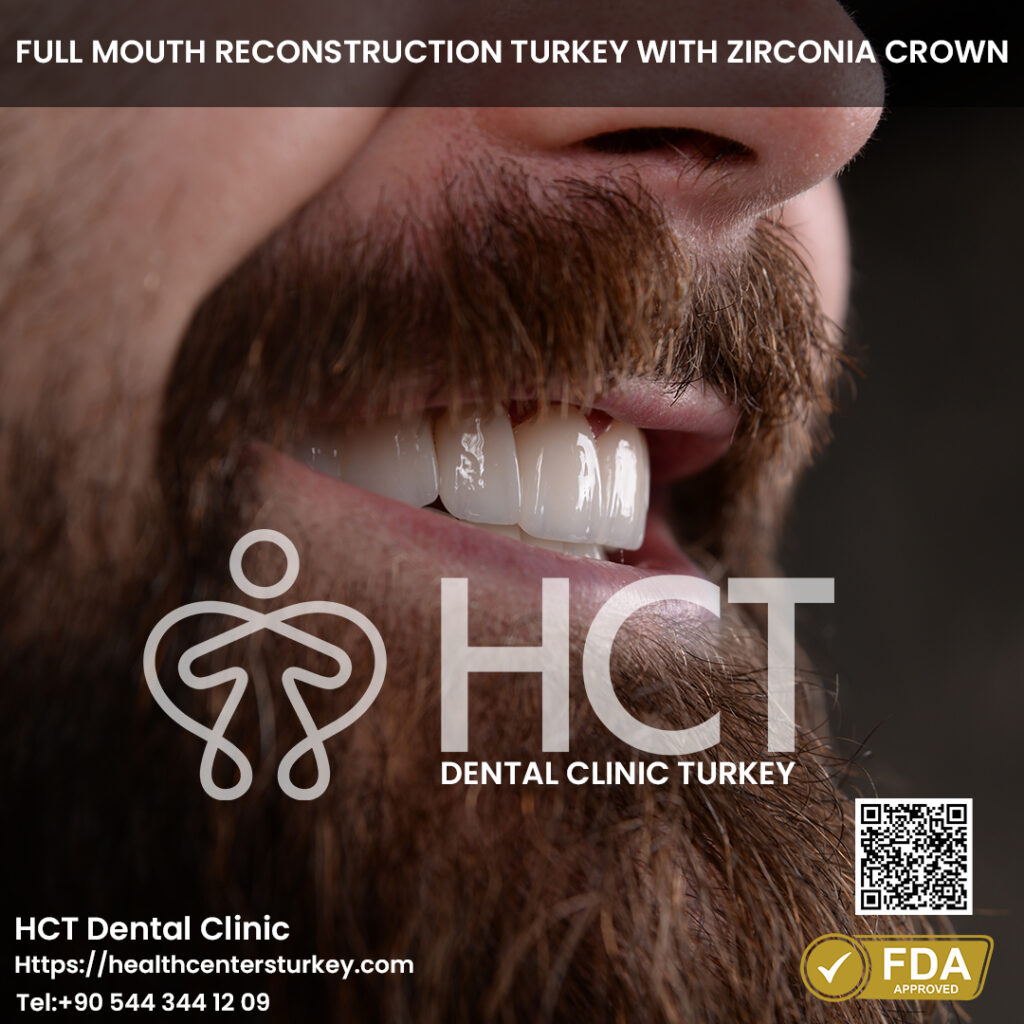Affordable Teeth Whitening for Stunning Results
Dental implants have turn into a popular answer for these trying to replace missing teeth. Understanding how these implants can affect adjacent teeth is essential for anybody contemplating this procedure, in addition to for dentists and specialists concerned in dental care.

One significant side is that dental implants are designed to be anchored into the jawbone, which suggests they are impartial of adjacent teeth. Unlike dental bridges, which frequently require the alteration of neighboring teeth, implants can fill the gap with out compromising the health or structure of those surrounding teeth.
This independence helps maintain the integrity of adjacent teeth. When a tooth is misplaced, there is often a natural tendency for neighboring teeth to tilt or shift into the empty space. Such motion can lead to misalignment, which might have an result on bite and general oral health. By placing an implant, you successfully prevent this potential shift, promoting higher alignment in the long term.
Transform Your Smile with Advanced Dental Technology
Additionally, dental implants help maintain bone density within the jaw. A natural tooth root offers stimulation to the surrounding bone, preserving it healthy and robust. When a tooth is missing, the bone can begin to deteriorate due to lack of stimulation. With a dental implant mimicking a natural root, bone loss could be minimized, which indirectly advantages adjacent teeth by preserving the overall structure of the dental arch.
While dental implants are advantageous, improper placement can influence neighboring teeth. If an implant is positioned too shut to another tooth, it may exert undue strain on that tooth, resulting in discomfort or potential damage. Proper planning and imaging strategies are essential for avoiding such points.
Ensure A Perfect Smile by means of Affordable Treatments in Turkey
Moreover, sustaining good oral hygiene is crucial after receiving an implant. If not correctly cleaned, surrounding teeth may turn out to be susceptible to dental points corresponding to decay or gum disease. This underscores the importance of diligent oral care following the process to ensure both implants and adjacent teeth stay healthy.
Regular dental check-ups are additionally important for monitoring the health of surrounding teeth. Dentists can identify any shifts or potential problems early, permitting for well timed interventions. This proactive approach ensures that each the implant and adjacent teeth can coexist with out complications.
High-Standard Dental Facilities for Tourists in Turkey
Another consideration is the influence of implants on chew drive. When a single tooth is missing, the load of chewing may shift to adjacent teeth, probably resulting in wear or strain. Implants restore correct bite dynamics by redistributing forces in the mouth, which may defend surrounding teeth from undue stress.
Some patients might increase issues about the appearance of dental implants. Well-placed implants can blend seamlessly with present teeth, bettering total aesthetics. In contrast, failing to exchange a missing tooth can result in aesthetic points, including collapsing of facial structure and changes in smile dynamics.
It's also value discussing the psychological features of dental health. Experiencing tooth loss can adversely have an effect on one’s self-esteem and willingness to interact socially. By restoring your smile with implants, you can positively affect not solely your oral health but also your emotional well-being.
Long-term success of dental implants often hinges on various elements, including the affected person's health, maintenance habits, and the standard of the preliminary process. If adjacent teeth are wholesome and correctly cared for, the chances are excessive that they will proceed to thrive alongside the implants.
Affordable Whitening Solutions for a Radiant Smile
In conclusion, dental implants play a crucial role in not just restoring individual smiles, but in preserving the health and structure of adjacent teeth. By preventing shifting, maintaining bone density, and redistributing chew click now forces, implants can make positive that surrounding teeth stay in optimum condition. Proper placement, hygiene, and common dental visits can additional improve the advantages of dental implants, resulting in a more healthy, extra assured smile for years to come back.
- Dental implants may help preserve the alignment of adjacent teeth by offering a steady anchor, stopping adjacent teeth from shifting into the hole left by a missing tooth.
- The presence of an implant could stimulate bone progress within the jaw, helping to preserve the overall structure and integrity of the adjacent teeth.
- Unlike traditional bridges, implants do not require alteration of surrounding teeth, thus preserving their energy and anatomy.
- Implants can improve the distribution of chunk forces evenly throughout the dental arch, lowering the stress on neighboring teeth throughout chewing.
- A well-integrated dental implant can lower the risk of bone loss in the space surrounding adjacent teeth, contributing to their long-term health and stability.
- The aesthetics of adjacent teeth can be improved because of the assist supplied by implants, which may lead to better total beauty outcomes.
- With proper placement, dental implants can prevent gum recession around adjacent teeth by maintaining sufficient dental structure.
- Implants might help mitigate the risks of periodontal disease in nearby teeth by selling wholesome gum tissue and providing a cleanable floor.
- Long-term success of dental implants can result in improved oral hygiene routines, which in turn advantages the health of surrounding teeth.
- The improved practical ability of an implant can encourage patients to chew more successfully, thus rising saliva production and aiding in the safety of adjacent dental tissues.undefinedHow do dental implants affect adjacent teeth?
What are dental implants and the way do they work together with adjacent teeth?undefinedDental implants are artificial tooth roots that are surgically positioned into the jawbone. They provide a stable basis for replacement teeth while ensuring minimal disruption to adjacent teeth, preserving their integrity and alignment. Elevate Your Dental Aesthetics with Veneers.
Cost-Efficient Teeth Transformations found in Turkey
Can dental implants trigger problems for nearby natural teeth?undefinedGenerally, dental implants do not hurt adjacent natural teeth. However, if the implant is not placed appropriately or if there’s inadequate oral hygiene, it could result in problems such as adjacent tooth decay or gum disease.

Will getting a dental implant change the means in which my adjacent teeth feel?undefinedMost sufferers report no change within the sensation of adjacent teeth after implant placement. However, it might take some time to adjust to the presence of the implant, similar to Source how one may adapt to other dental restorations.
Can dental implants help preserve the health of adjacent teeth?undefinedYes, dental implants may help preserve the health of adjacent teeth by stopping bone loss that may occur after tooth loss. This preservation supports the alignment of nearby teeth, lowering the chance of shifting or misalignment.
Enjoy Exceptional Oral Health Treatments in Turkey at Competitive Prices
Do I need to modify adjacent teeth when getting an implant?undefinedTypically, adjacent teeth do not want alteration when inserting an implant. This is among the advantages of dental implants over conventional bridges, which frequently require reshaping adjacent teeth for help.
How does the healing strategy of an implant have an result on close by teeth?undefinedThe healing process entails osseointegration, the place the implant fuses with the jawbone. During this time, adjacent teeth remain unaffected and retain their function, although it’s essential to follow post-operative care recommendations. The Advantages of Dental Treatments in Turkey for International Patients.
Unlock Your Best Smile with Professional Dental Care in Turkey
Can dental implants lead to bone loss round adjacent teeth?undefinedIf dental implants are positioned properly and cared for adequately, they want to not lead to bone loss round adjacent teeth. In reality, they can help stimulate bone development, combating the natural bone loss that always follows tooth extraction.
What precautions should I take to guard adjacent teeth after getting an implant?undefinedRoutine dental hygiene, including brushing and flossing, together with regular dental check-ups, is essential. Avoiding exhausting foods and following your dentist’s aftercare directions will also defend both the implant and adjacent teeth.
Is it frequent for adjacent teeth to shift after an implant is placed?undefinedIt's not typical for adjacent teeth to shift after an implant placement, especially when the implant is positioned appropriately and maintained correctly. If there’s any movement, it could be as a end result of different underlying issues that must be evaluated by a dental professional.
Comments on “Remarkable Oral Care Clinics Accessible to International Patients in Turkey”